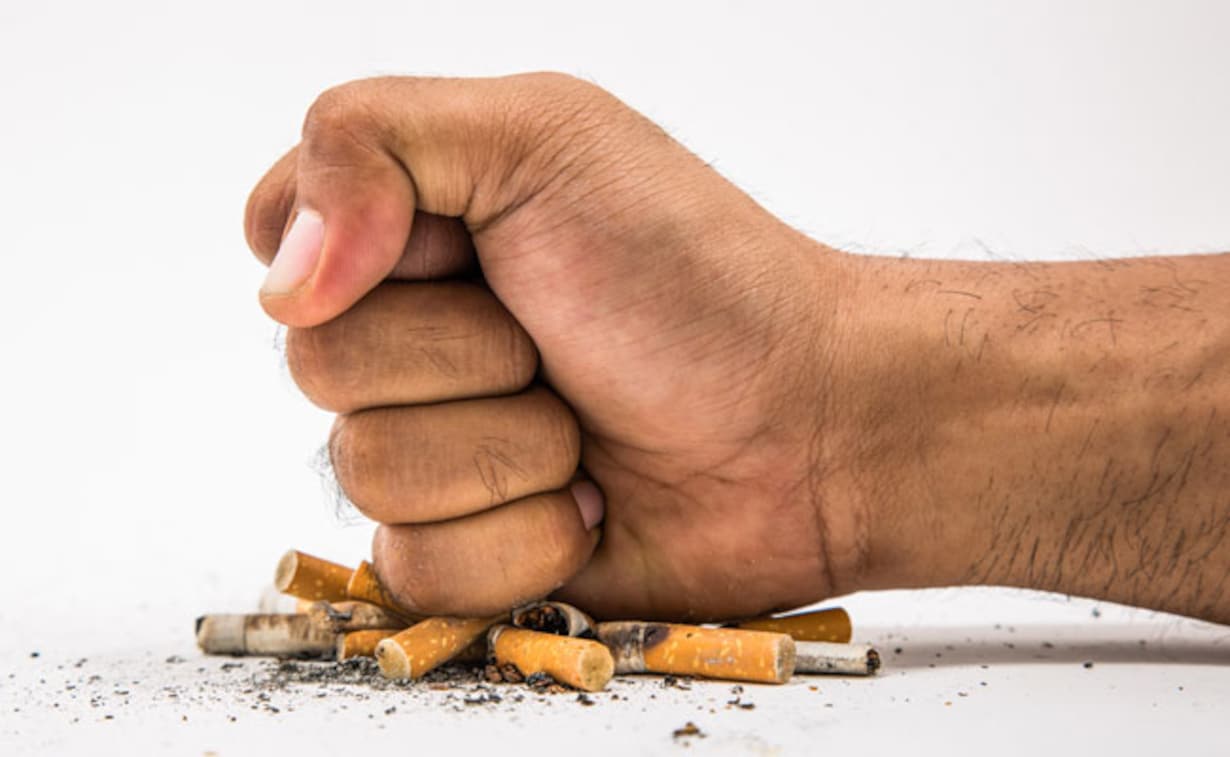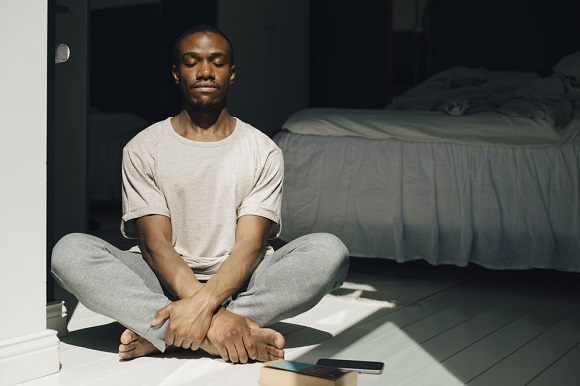There are usually no signs or symptoms of hypertension, even when blood pressure is dangerously high. That's why it's critical to have your blood pressure checked by your doctor on a regular basis.
After adjusting for other factors that might influence the link to high blood pressure, such as age, race, and family history of high blood pressure, here are 10 things you should do to reduce your blood pressure
Lose weight

Regular exercise, even as simple as walking, appears to be just as effective as commonly used blood pressure medications in lowering blood pressure. Exercise strengthens the heart, allowing it to pump blood more efficiently. On most days, it's a good idea to aim for 30 minutes of cardio. Losing even a small amount of weight can help to lower blood pressure.
READ ALSO: Six reasons why you should drink bitter leaf juice
Meditate

Stress causes our bodies to release hormones like cortisol and adrenaline. These hormones can cause your blood pressure to rise by increasing your heart rate and constricting your blood vessels. Breathing exercises and practices like meditation, yoga, and tai chi, on the other hand, can help regulate stress hormones and blood pressure. Beginning with five minutes of calming breathing or mindfulness in the morning and five minutes at night is a good place to start.
Potassium-rich diet

Although we are all familiar with the potassium content of bananas, foods such as potatoes, spinach, and beans actually contain more potassium than fruit. Getting 2,000 to 4,000 mg of potassium a day can help lower blood pressure. The nutrient causes the kidneys to excrete more sodium in the urine. Other good sources include tomatoes, avocados, edamame, watermelon, and dried fruits.
Dark Chocolates

The sweet is high in flavanols, which relax blood vessels and increase blood flow, and studies show that eating dark chocolate on a regular basis can help lower blood pressure. Chocolate shouldn't be your primary blood pressure management strategy, but it is a healthy option when you're craving a sweet treat.
Limit your drinks

Too much alcohol is known to raise blood pressure, but a small amount may have the opposite effect. In women, light-to-moderate drinking (one drink or less per day) is linked to a lower risk of hypertension. While excessive alcohol consumption is clearly harmful, moderate alcohol consumption is beneficial to the heart. If you must drink, do so in moderation.
High intake of Coffee

Caffeine in one or two cups of coffee increases both systolic and diastolic blood pressure for up to three hours, tightening blood vessels and amplifying the effects of stress, according to studies. When you're stressed, your heart pumps a lot more blood, which raises your blood pressure. Caffeine intensifies this effect. Decaf has the same flavour as regular coffee but without the negative effects.
Relax through music

Around 29 adults who were already taking blood pressure medication were asked to listen to soothing classical, Celtic, or Indian music for 30 minutes each day while breathing slowly. Their blood pressure had dropped significantly when they were followed up six months later. Louder, faster music is unlikely to help, but there's no harm in relaxing to a few ambient tracks.
Focus on Protein

In people with hypertension, replacing refined carbohydrates (like white flour and sweets) with foods high in soy or milk protein (like tofu and low-fat dairy) can lower systolic blood pressure. Refined carbohydrates cause inflammation in some patients, which raises blood pressure.
Quit smoking

The build-up of fatty material on the walls of our arteries can be caused by smoking cigarettes. This raises blood pressure and can clog our arteries, increasing the risk of a heart attack or stroke. A reduced risk of high blood pressure is one of the many health benefits of quitting smoking.
Have Proper Sleep

When you don't get enough sleep, your heart doesn't get the rest it requires, and this can affect your body's ability to regulate stress hormones, leading to high blood pressure. Blood pressure can be improved by going to bed and waking at the same time every day (including weekends), keeping the bedroom cool and dark, and avoiding stressful activities right before bed.
Indiatimes





